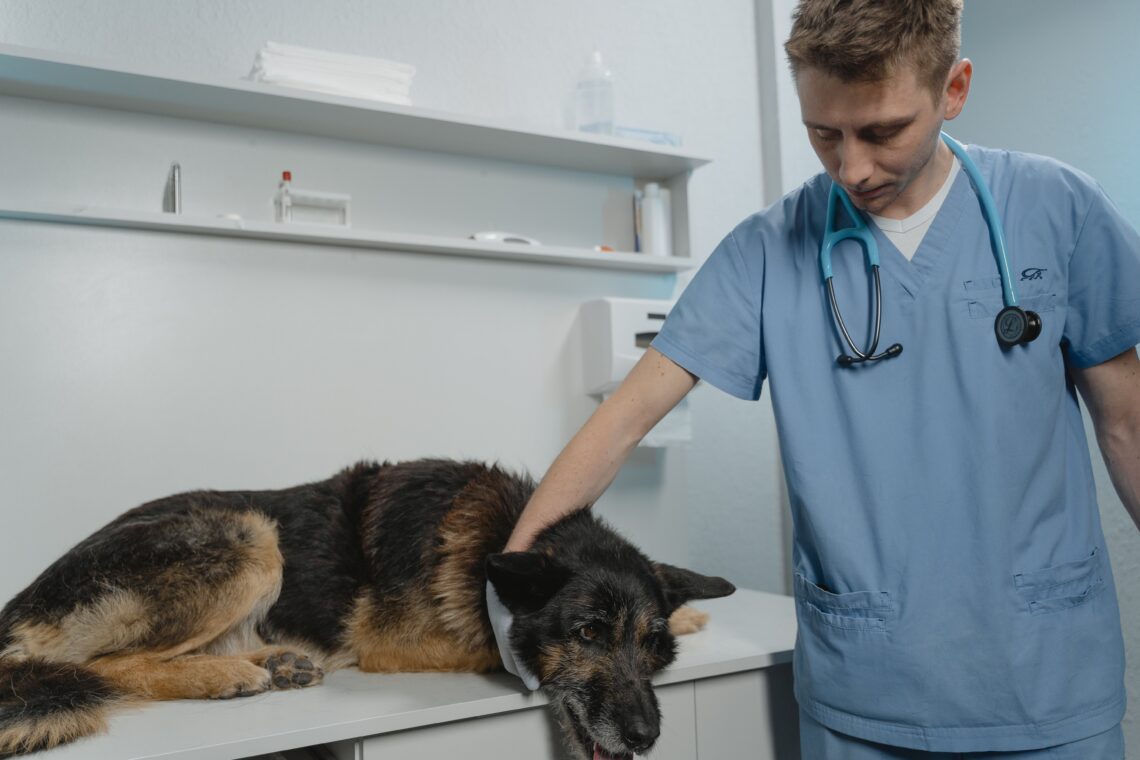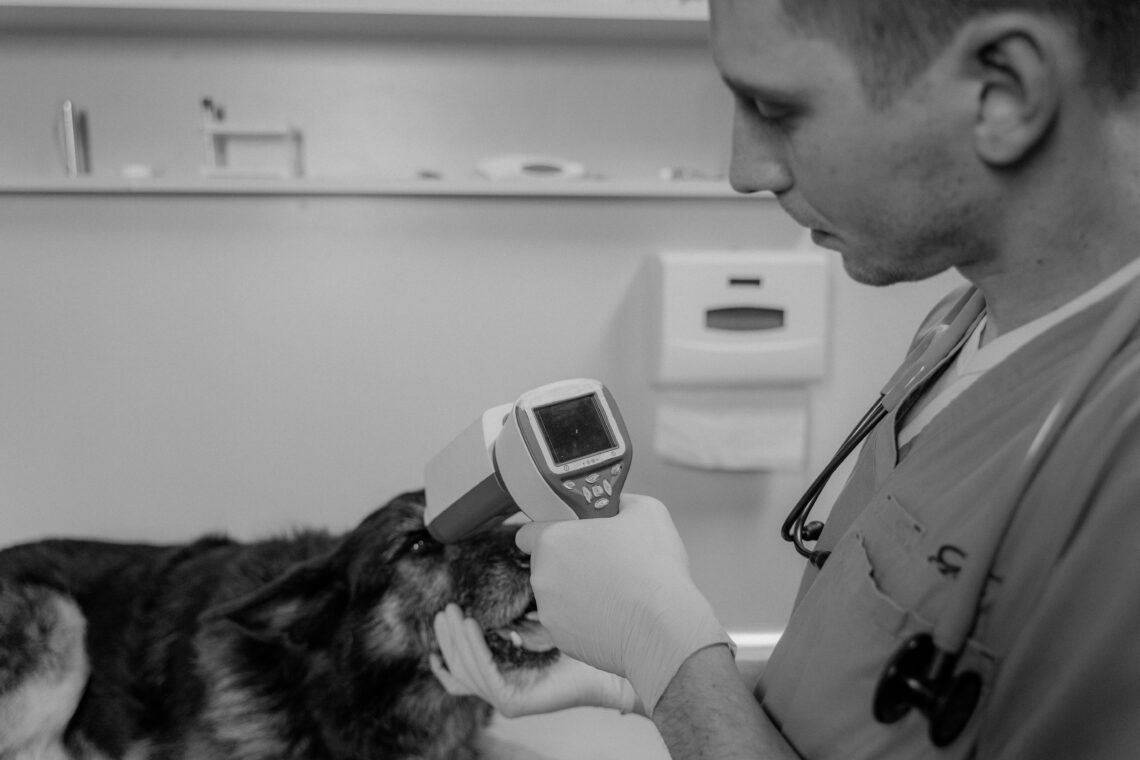-
9 Basic Tips To Care Your Pet In Winter (cold)
It’s crucial to protect your pet throughout the winter months to make sure they stay safe and healthy. The following advice can help you keep your pet warm and secure in the winter: Reduce outside exposure Try not to let your pet go outside for extended periods of time in really cold weather. Similar to us, pets can get frostbite and hypothermia. Limit your time spent outside and pay close attention to your pet. Shelter requirement in winter If your pet remains outside, make sure they have a warm, dry shelter that shields them from the elements like wind, rain, and snow. The shelter has to be raised off the…
-
Canine Distemper: How can prevent your dog (Signs & Treatment)
A highly infectious viral disease that affects domestic dogs as well as other animals including raccoons, ferrets, and skunks is called distemper. It is a multi-systemic (affecting several organs) disease that affects the central nervous system, gastrointestinal tract, and respiratory system. It is incurable and frequently deadly. The canine distemper virus (CDV) is the cause of distemper. Canine distemper is a concern to every dog. Puppies under four months old and dogs that have not had the canine distemper vaccination are among the most vulnerable. Spread of Canine Distemper: Direct contact between a vulnerable dog and an infected dog exhibiting symptoms is the primary method of disease transmission in dogs.…
-
Infectious Canine Hepatitis: Signs, Diagnosis, Vaccination, and Treatment
One of your dog’s essential immunizations is against infectious canine hepatitis (ICH). Due to extensive canine vaccination campaigns, ICH is now uncommon, although unvaccinated pups and adult dogs remain susceptible to this potentially fatal illness. Dogs that recover from ICH may also have chronic renal and ocular issues. Liver inflammation is the definition of hepatitis. Infectious canine hepatitis (ICH) is a particular illness that arises from a viral infection caused by an adenovirus. The ICH virus is not harmful to humans, however it can infect otters, bears, and other members of the canine family, such as foxes. Spread of Infectious Canine Hepatitis: Canine adenovirus 1 (CAV-1) is the source of…
-
Canine Parvovirus: How to protect your dog from Parvo virus and Parvo treatment
Canine parvovirus type 2 (CPV-2) is the pathogen responsible for canine parvovirus infection, a highly transmissible illness. There are several CPV-2 strains, and they all cause comparable symptoms. The illness they induce is referred to as “parvo.” After being identified in the 1970s, this virus quickly started to pose a major risk to the health of dogs. This is mainly due to the fact that the virus is very infectious, difficult to eradicate, may survive for a long time in the environment, and frequently results in death if treatment is not received. For this reason, the parvo vaccination is regarded as essential for dogs and pups. Even though the risk…




